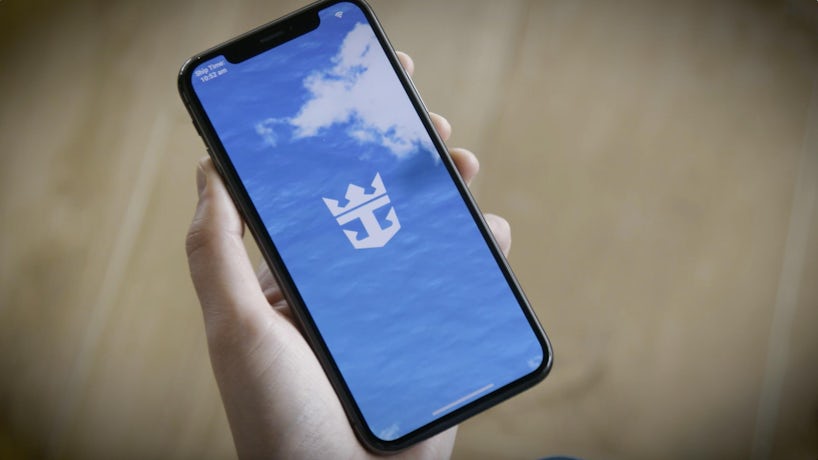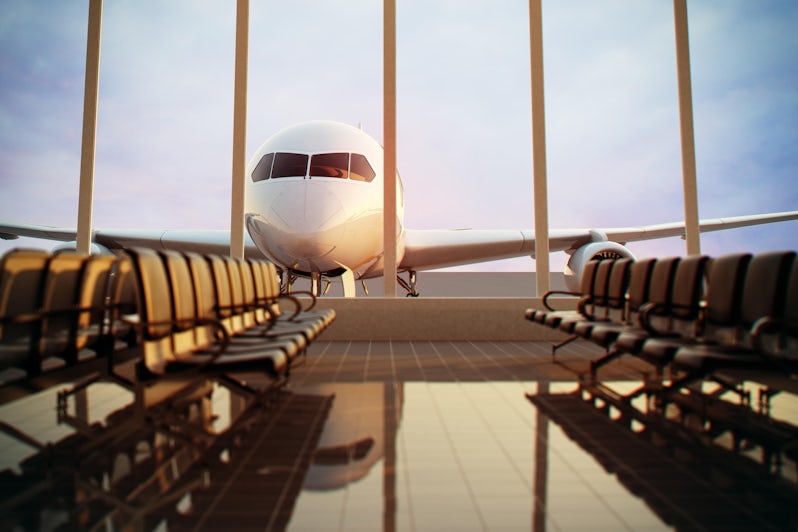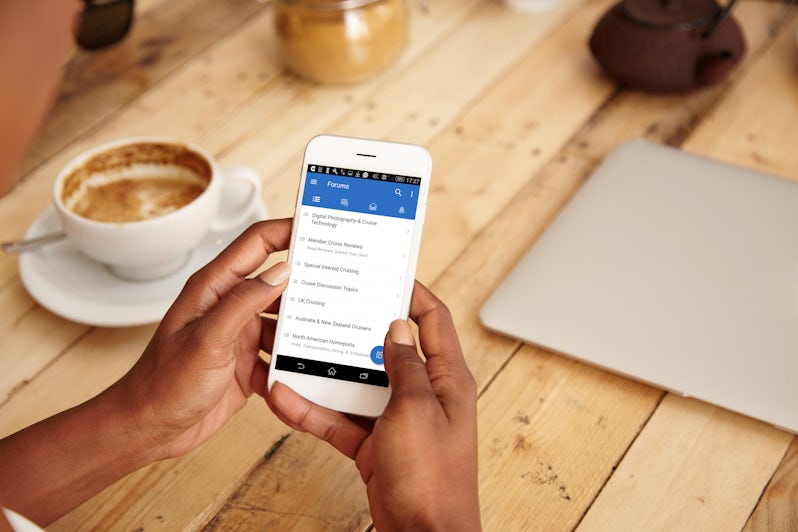
Your Cruise is Canceled Last-Minute, and You're at the Pier. Now What?


It is something that happens rarely: a full-blown, last-minute cruise cancellation.
Here are Cruise Critic's best tips for dealing with an unexpected, last-minute cruise cancellation -- and coming out the other side. It all starts with proper planning before you leave home.
Ensure You Have an International Calling and Data Plan

The most important thing you can do to protect yourself against adverse scenarios when traveling is to ensure you have a good international calling and data plan on your cellphone. Don't plan on relying on free Wi-Fi access in cafes and the like; this might work well for a cancellation in Miami but does little to help when you find yourself out of options in ports of embarkation like Ushuaia or Longyearbyen.
(I once was stuck in Longyearbyen for three days when fog canceled my charter flight to Oslo, and I had to fight to use the incredibly slow Wi-Fi at the hotel along with an entire shipload of people all trying rebook flights.)
Some mobile providers allow you to purchase a one-time international plan for while you're traveling. Others, like T-Mobile, offer free texting and data in select international locations, and lower rates on voice calls. Make sure you know what plan you have and what it covers before you go.
Additionally, consider purchasing a mobile hot-spot device. These can help you out in a jam, giving you Wi-Fi in even some remote destinations. Units from companies like Netgear or Skyroam run between $150 and $200 and include varying amounts of data, while other devices are available on a low-cost monthly plan.
Having an international calling and data plan lets you take better control of your situation. You can book an emergency hotel room, rebook flights, contact your cruise line's emergency contact number, phone family and friends -- you name it. It's your first line of defense in handling the unexpected.
Carry Emergency Contact Numbers with You, And Don't Be Afraid of Social Media

This might seem very 1990, but it still pays to carry emergency contact numbers for your airline and cruise line with you. Why? Cruise lines typically have an emergency contact line for unexpected delays, and they always have a 1-800 call center staffed with folks who can help in an emergency. Call centers can be staffed even when you're not necessarily getting the answers you crave onsite.
Additionally, social media is proving to be more helpful these days. Questions about unexpected delays and situations? A cruise line's social media channels could prove helpful, with Twitter being one of the more fortuitous avenues of help in some cases.
Have All the Apps Installed on Your Phone

If you're cruising with Norwegian and flying with Delta, you should have both apps on your phone.
Additionally, other travel apps -- like major hotel chains (Marriott Bonvoy), flight management tools (Flightradar24), booking engines (Kayak), hotel search engines (Tripadvisor or HotelTonight) and the like can prove invaluable in an emergency. Why call every hotel in a remote port when you can simply search availability instantly?
Don't be afraid to be pre-emptive with this: During an unexpected snowstorm in Seattle a few years ago, we used our IHG app to secure one of the last hotel rooms near Sea-Tac Airport while waiting in line for Alaska Airlines to rebook our travel. We missed our cruise but didn't have to endure a night at the airport thanks to our preparedness and booking a hotel rate that could be fully refunded.
Make a Quick List of COVID-19 Testing Locations for Travel

These days, being left at the pier in another country can be problematic thanks to increased COVID-19 testing requirement for re-entry into your home country.
Before you head out for your cruise, do a bit of research on where testing facilities for travel exist in your port of embarkation. Larger cities will almost always have testing facilities within the airport itself, but smaller embarkation ports might only have one or two local clinics -- ones that require appointments and reservations.
Knowing where some of the testing facilities are can save you time and money in the event something goes wrong.
Determine If Your Cruise Line Will Pick up the Tab

Of course, at the end of the day, your cruise line probably will help you with all of this -- and the level of assistance you receive will largely depend on the port from which you're cruising.
If, say, you're left in Miami on a big cruise line, you're probably on your own unless you booked your airfare through the cruise line itself. The line owes you a refund of your cruise fare and probably will throw in some assistance with air and hotel accommodations as a goodwill gesture.
Cruise passengers are also protected with a Bill of Rights that outlines what a cruise line must offer passengers who have sailings unexpectedly canceled, and that includes things like regular updates, access to a toll-free number for information, and refunds.
If, on the other hand, you've flown to Ushuaia, Argentina, on a charter flight arranged by the cruise line to embark a cruise to Antarctica and your sailing is scrubbed at the last minute, expect the line to go above and beyond to ensure things work out -- we're talking booked hotels, rebooked flights, organized COVID-19 testing, meals, the whole bit.
Generally speaking, with these remote itineraries, if the cruise line had to get you in, it is also responsible for seeing that you get out, too.
Use Our Message Boards

Finally, don't hesitate to use Cruise Critic's own Message Boards when things fall apart. Fellow cruisers can often help get the word out about unexpected situations and can offer advice and assistance from their own varied personal experiences.